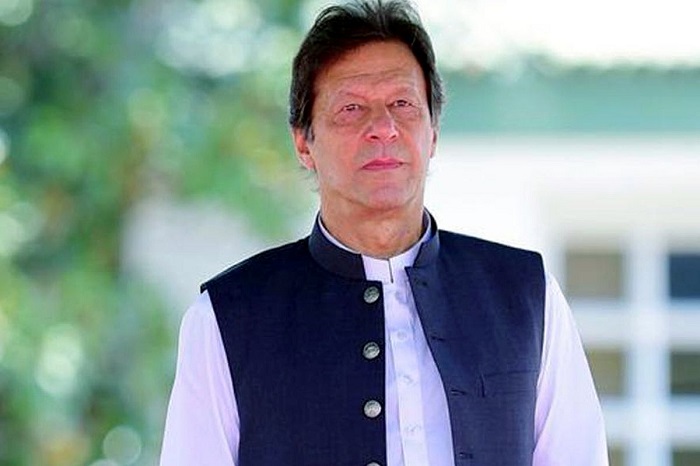ISLAMABAD: Pakistan’s Prime Minister, Imran Khan, on Monday, highlighted that the National Rahmatul-Lil-Aalamin Authority (NRA), the Ehsaas programme, and the health card programme as some of his government’s most significant efforts to create a state more akin to Madina than Pakistan presently is.
PM Imran Khan emphasised the need for a constant battle for the nation’s adherence to the ideals of Riyasat-i-Madina, as laid forth by the Holy Prophet Muhammad (Peace Be Upon Him). He uploaded his piece titled “Spirit of Riyasat-i-Madina: Transforming Pakistan”, published in English Daily, on his Twitter account.
That PM stated his thoughts in the article and the PM Office issued it to the public. It outlined the reasons for the establishment of the NRA and the start of social security programmes in Pakistan.
While the administration was under fire for its handling of record-breaking inflation, the PM published a scholarly article based on comments he had given at various gatherings and formal events. For the values of the Pakistani state, PM stressed that their government have begun the journey toward a welfare state with several wonderful initiatives.
Mr Khan added that despite the government’s limited resources, the Ehsaas Program, a social safety and poverty reduction programme for the most vulnerable members of society, drew an unprecedented level of funding. A state that cares for its residents’ well-being was the goal of this programme, he said.
He cited Pakistan’s Sehat Sahulat Program, which provided citizens with free health care, as one of the most important initiatives in the country’s history. As a result, “not only are vulnerable households protected from falling into poverty, but it also leads to a network of private sector hospitals all over the country, thus benefitting both the public and private sectors in the field of health,” he said, adding that the Punjab government alone had designated Rs400 billion for this.
As a result of the Ehsaas scholarship programme, PM stated talented students from low-income families would be given the opportunity to pursue a higher education that would increase their prospects of earning a better living.
Six million scholarships totalling Rs47 billion will be awarded because of this scheme and others like it, he asserted.
Mr Khan emphasised that the fight to establish the rule of law was the most pressing issue facing the country. “For 75 years”, he added, “Pakistan had been the victim of elite capture, where powerful and crooked politicians, cartels, and mafia organisations had become accustomed to being above the law in order to protect their privileges got via a corrupt system.” According to him, while defending their privileges, the state’s institutions, particularly those tasked with upholding the rule of law, had been tainted.
Individuals and groups, such as the mafia and other organised crime organisations, that are not loyal to Pakistan must be defeated in order for Pakistan to realise its full potential, he said. He emphasised one could plainly see that the most prosperous countries also have the strongest rule of law enforcement.
Many East Asia economies, including those that have lately flourished, adhere firmly to this notion, as well as a few Western nations. “Japan, China, and South Korea are good examples,” he remarked, adding that those nations where rule of law got subverted, they were slipping into poverty and disorder. There is less progress in Muslim countries, despite the plenty of resources, because of a lack of a rule of law.
He stated South Asia is an excellent illustration. There are many insurgencies threatening the country’s unity today because of apartheid rule of law in India. As per him, a lack of respect for the rule of law has resulted in the theft of billions of dollars from Pakistan’s state coffers, resulting in widespread poverty. Many African and Latin American countries’ political and economic development patterns reflect the same thing. In the so-called banana republics, “rule of law is absent.”
Imran Khan also claimed that the concept of Amr-bil-Maroof and Nahi-an-al-Munkar, which he referred to as the “ethical and moral transformation of the people” (doing good, forbidding evil) is also significant for creating a state modelled on Riyasat-e-Madona.
Works at The Truth International Magazine. My area of interest includes international relations, peace & conflict studies, qualitative & quantitative research in social sciences, and world politics. Reach@ [email protected]










